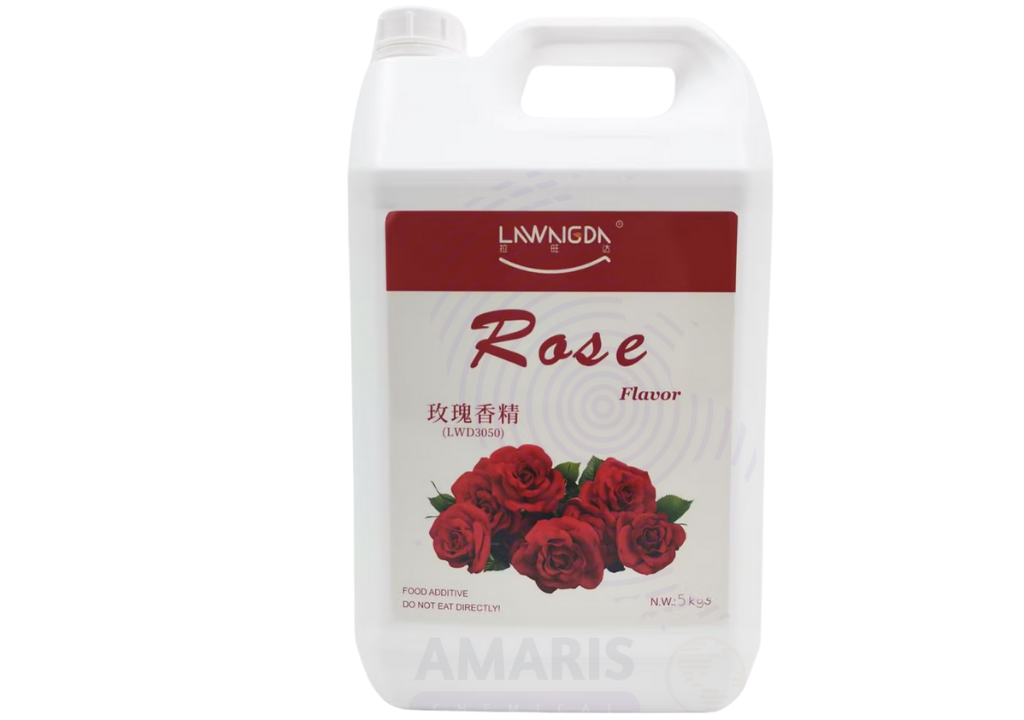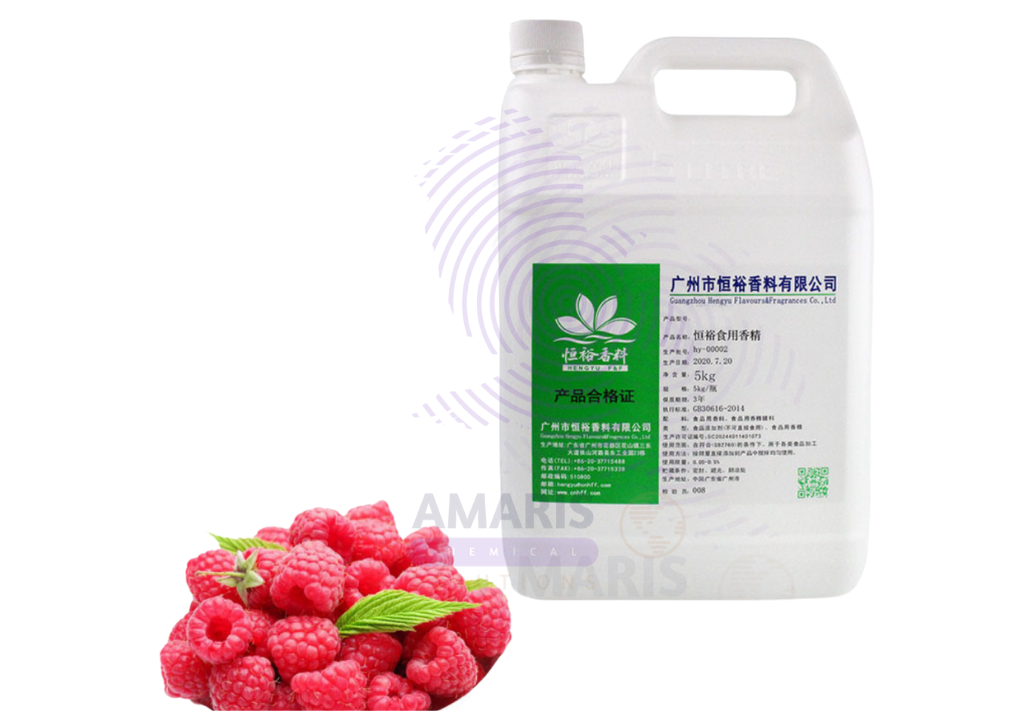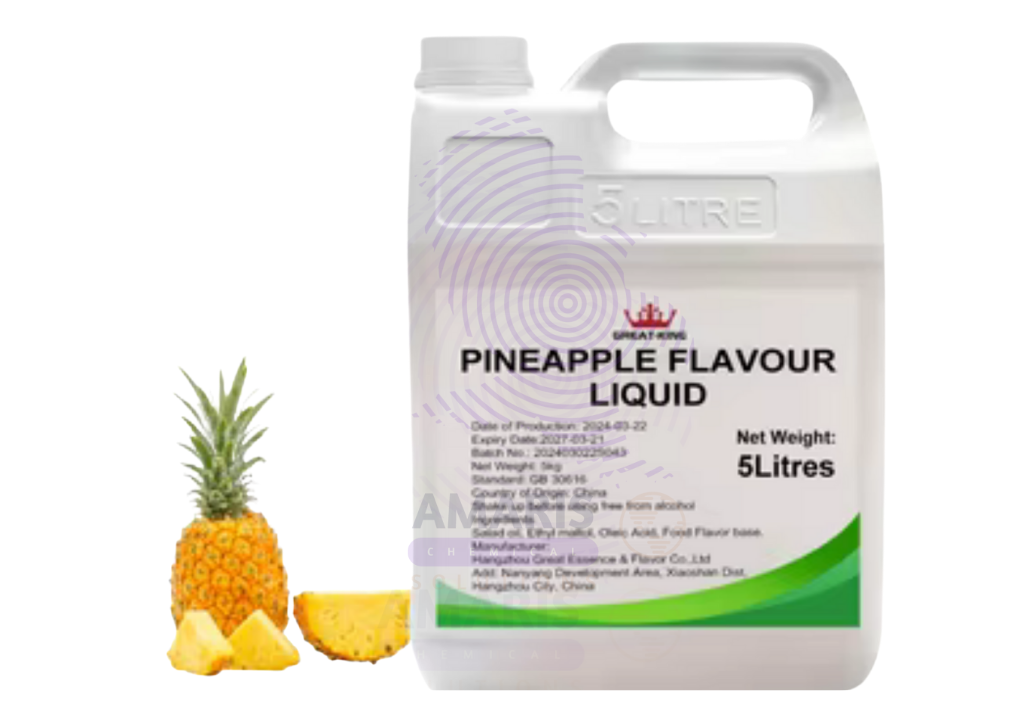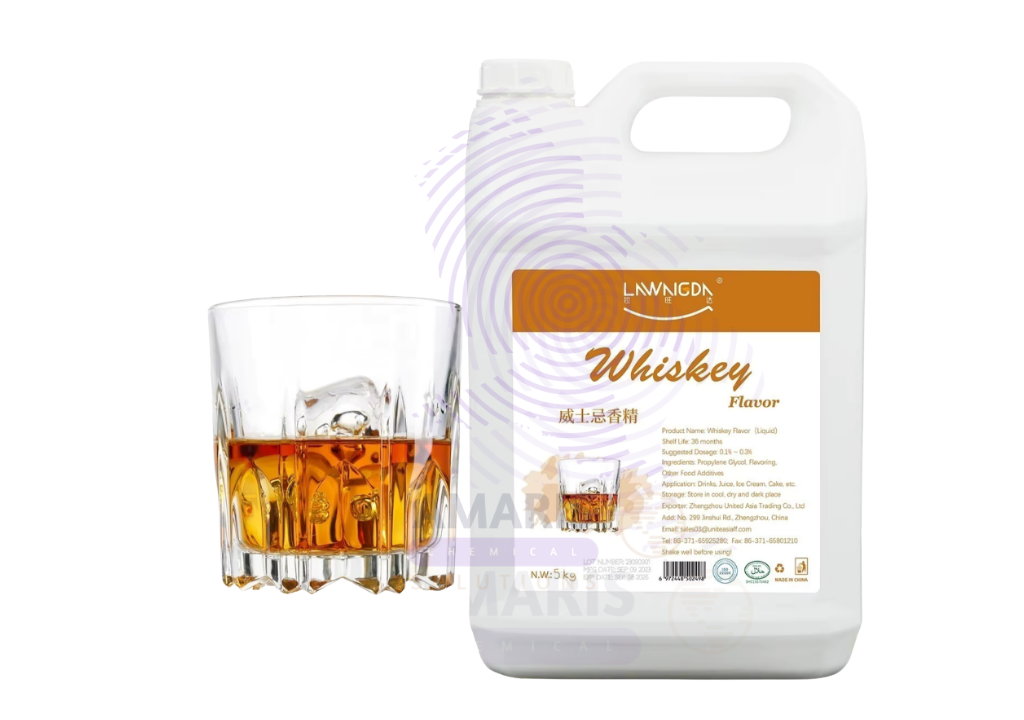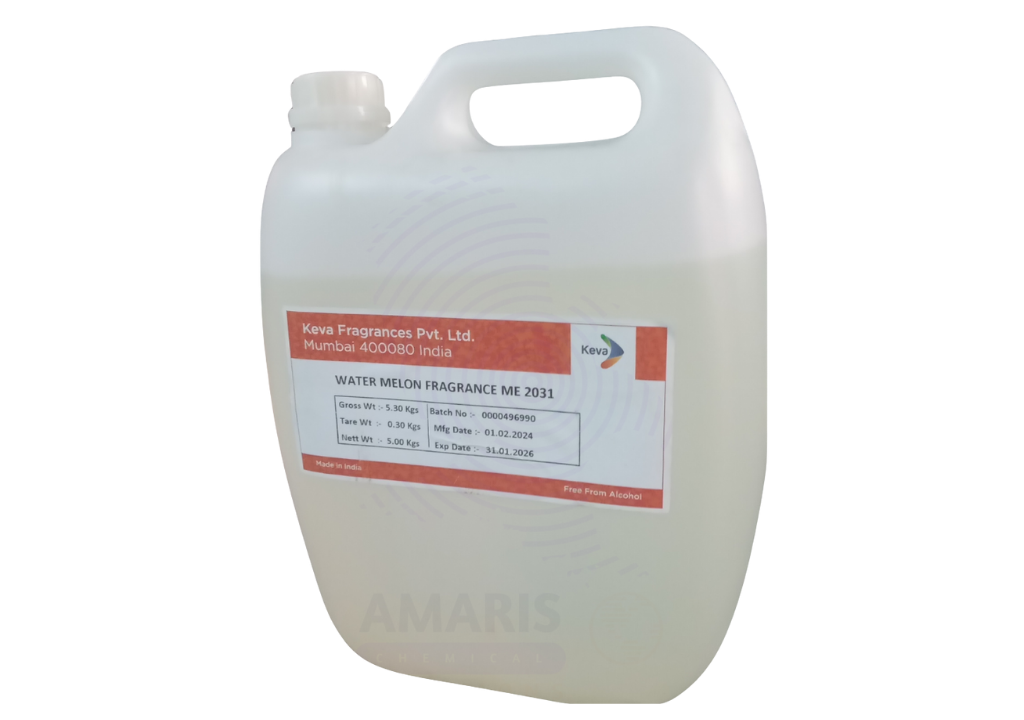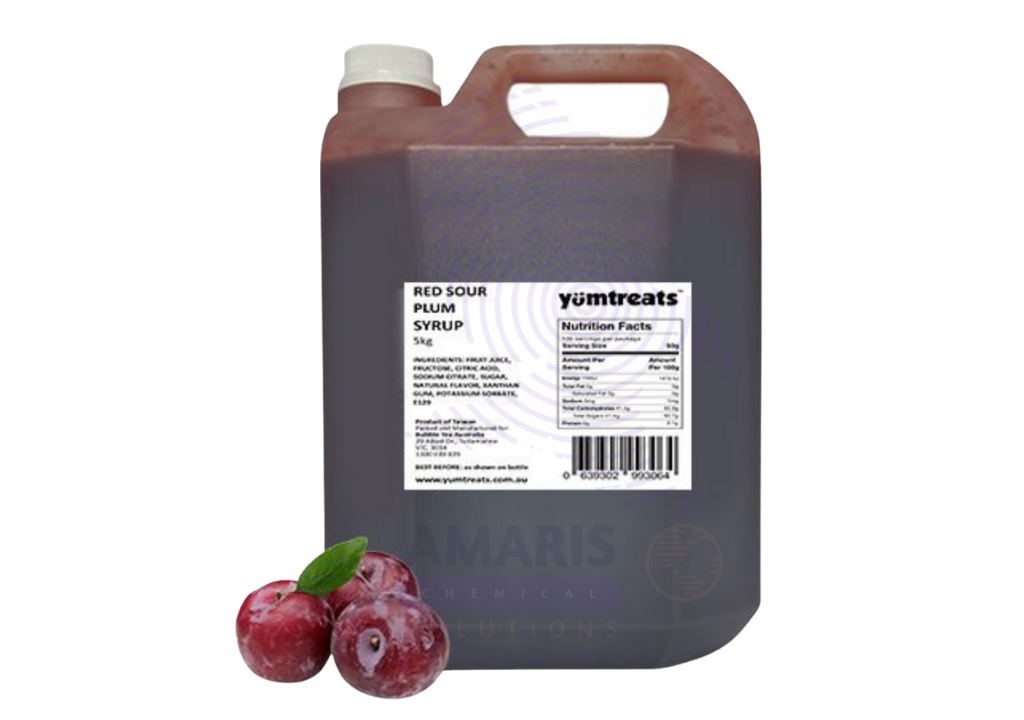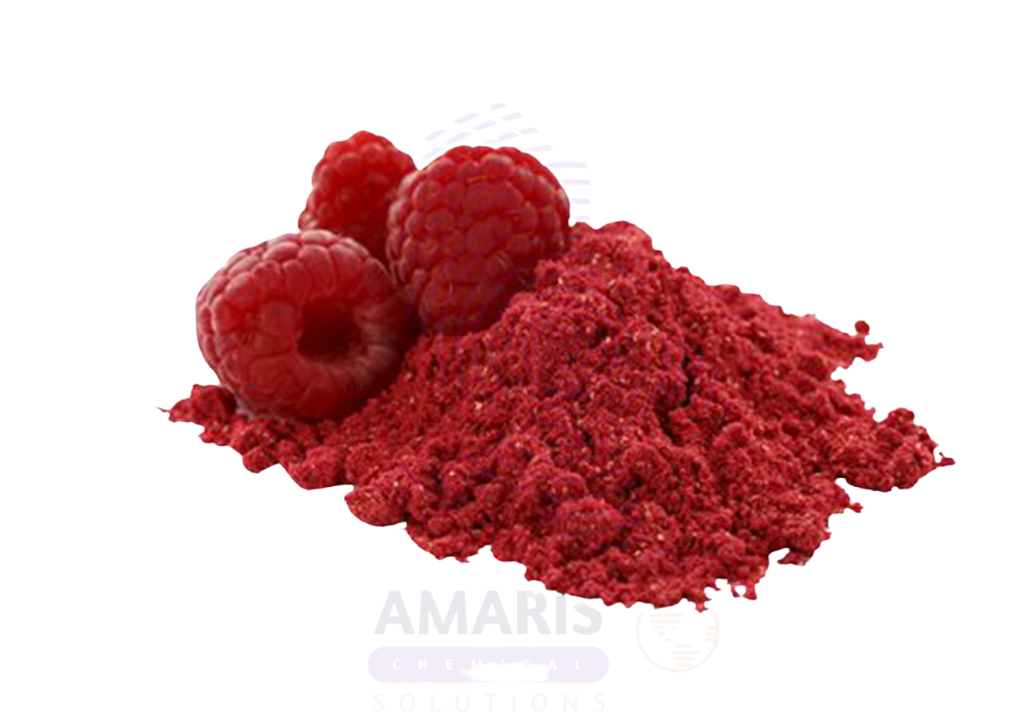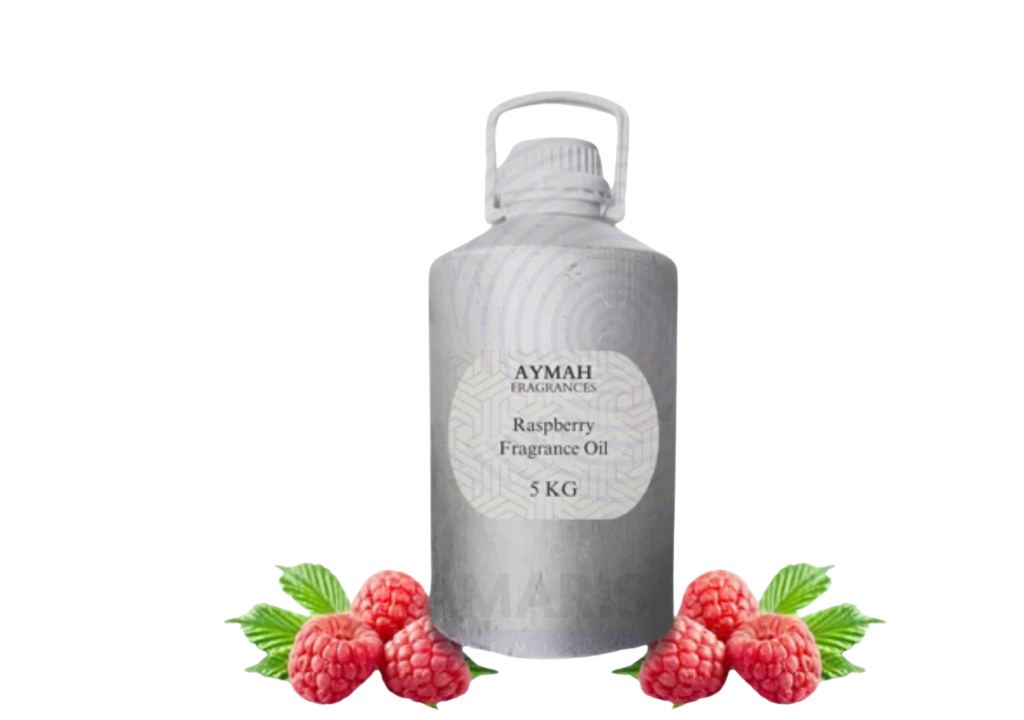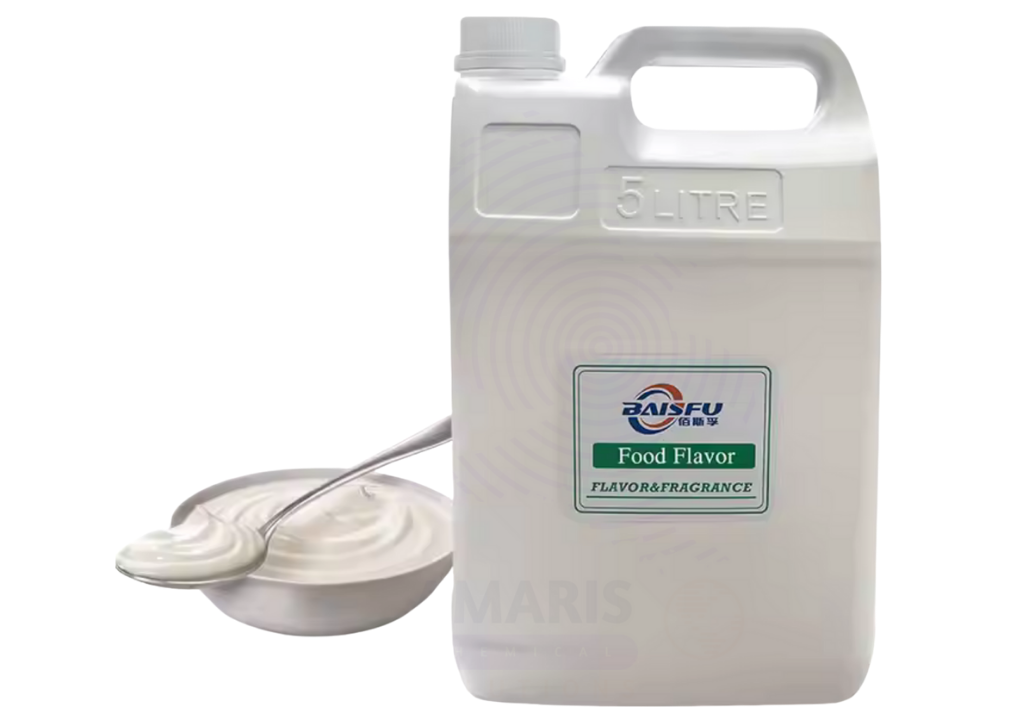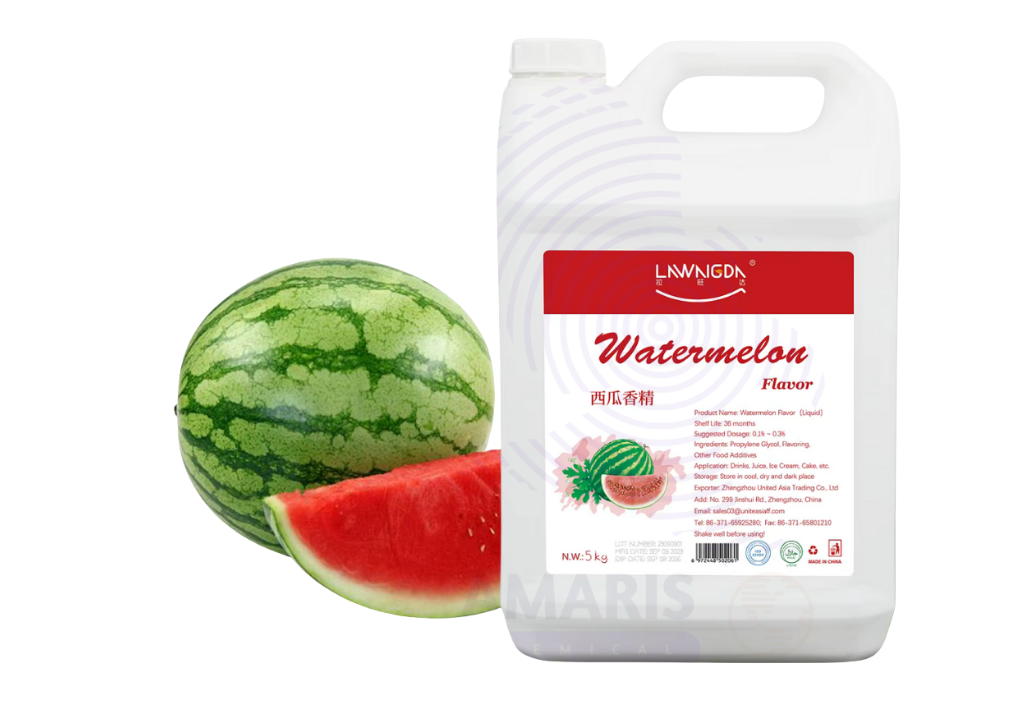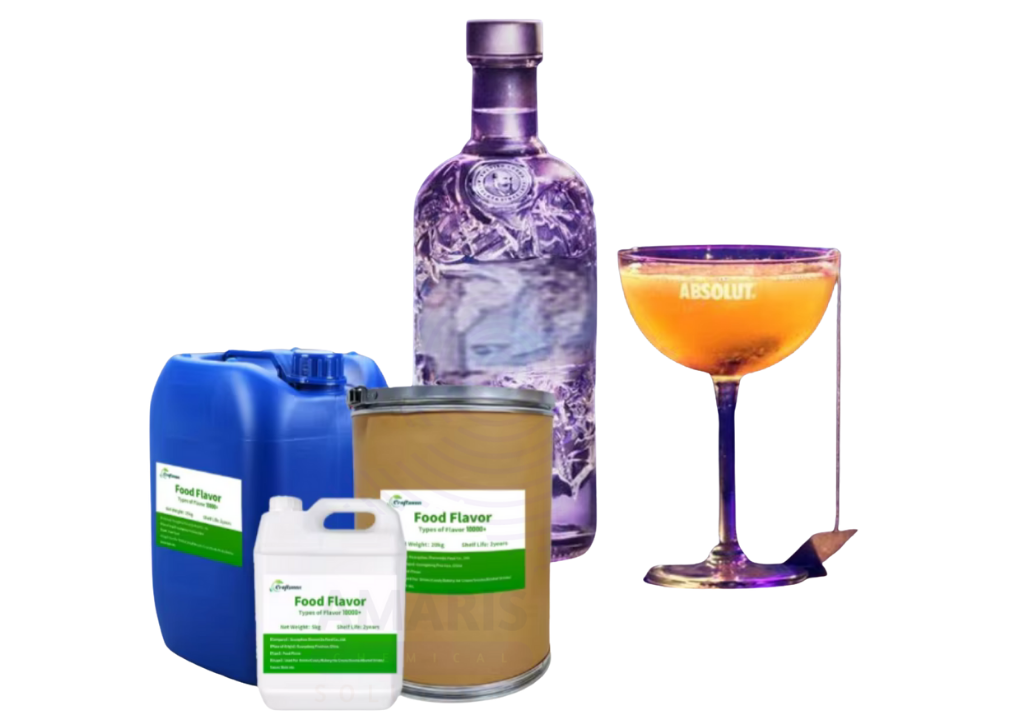🌿 Magnesium Sulphate (Epsom Salt): The Crystal of Calm, Care, and Chemistry
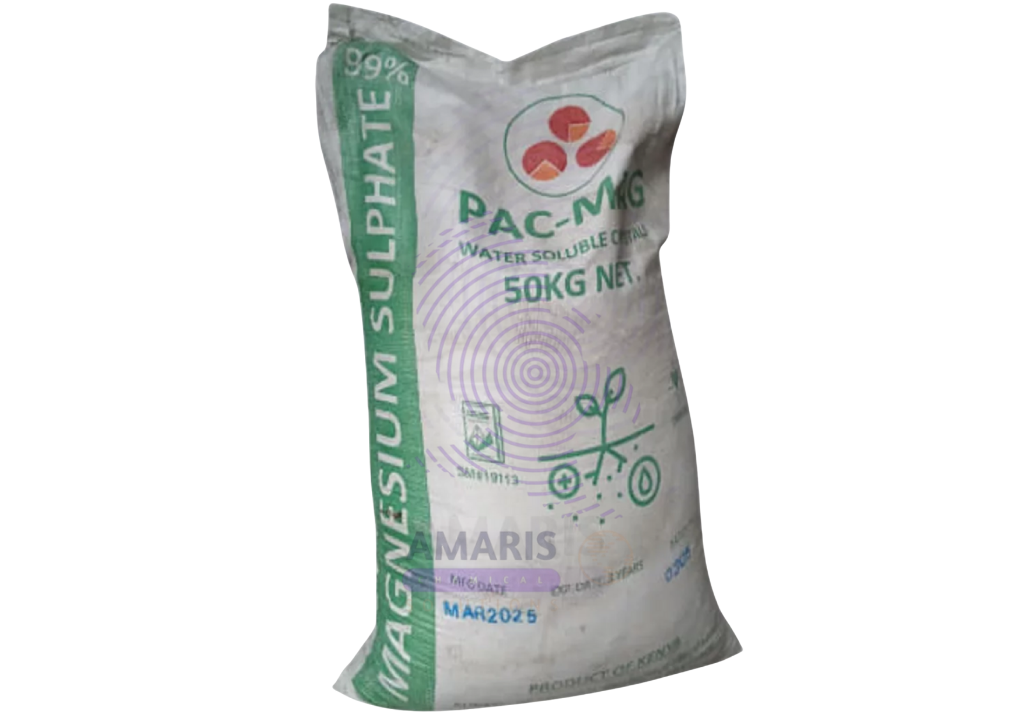
If there’s one compound that perfectly balances science, wellness, and industry, it’s Magnesium Sulphate — more famously known as Epsom Salt 🧂✨.
From soothing baths to agricultural fields and laboratory benches, this mineral salt has earned its place as one of the most versatile and trusted materials in chemistry.
At Amaris Chemical Solutions, we celebrate chemicals that do more than just react — those that transform industries and everyday lives. And magnesium sulphate is one of those quiet overachievers.
🧪 What Is Magnesium Sulphate?
Chemically represented as MgSO₄·7H₂O (in its heptahydrate form), Magnesium Sulphate is a white, crystalline solid that’s highly soluble in water. It consists of magnesium (Mg), sulphur (S), and oxygen (O) — three essential elements with broad applications in biological and industrial systems.
While the compound occurs naturally in mineral deposits such as epsomite (from which it gets the name “Epsom salt”), it’s also widely manufactured to achieve higher purity levels for laboratory, pharmaceutical, and agricultural use.
What makes Magnesium Sulphate unique is how seamlessly it fits into both scientific and human wellness contexts — a true bridge between the lab and the real world 🌍.
🛁 Health & Personal Care: The Classic Epsom Experience
Let’s start with the most familiar face of magnesium sulphate — the soothing crystals you find in bath salts and spa treatments 🛀💆♀️.
When dissolved in warm water, Epsom salt is absorbed through the skin, helping to:
- Relieve muscle soreness and tension after workouts.
- Soothe joint inflammation and mild arthritis pain.
- Detoxify and rejuvenate the skin.
- Promote relaxation and stress relief.
In personal care formulations, it’s also used in:
- Exfoliating scrubs, to gently remove dead skin cells.
- Foot soaks, for reducing swelling and fatigue.
- Cosmetic masks and cleansers, for balancing skin oil.
It’s no wonder Epsom Salt has been cherished for centuries — from natural therapy enthusiasts to modern wellness brands, its simplicity and effectiveness never go out of style.
🌾 Agriculture: A Nutrient Boost for Healthier Crops
In agriculture, Magnesium Sulphate plays a vital role as a secondary nutrient fertilizer. Magnesium is the central atom in chlorophyll — the pigment that enables plants to photosynthesize sunlight into energy 🌞🌿.
When plants are magnesium-deficient, they show yellowing between leaf veins (a condition known as chlorosis), and their productivity drops. Epsom salt helps fix this by:
- Restoring chlorophyll balance.
- Improving nutrient absorption, especially phosphorus and nitrogen.
- Enhancing seed germination and root strength.
- Boosting flavor, yield, and color in fruits and vegetables.
Farmers often use magnesium sulphate as a foliar spray or soil additive, especially for crops like tomatoes, citrus, potatoes, and peppers. At Amaris Chemical Solutions, we provide high-purity magnesium sulphate suitable for consistent agricultural performance — ensuring healthier soils and stronger harvests 🌱.
⚗️ Industrial & Laboratory Uses: A Chemist’s Reliable Ally
Beyond wellness and agriculture, Magnesium Sulphate is a staple in industrial and laboratory applications.
In laboratories, it’s commonly used as:
- A drying agent to remove water from organic solvents.
- A reagent in analytical chemistry and synthesis.
- A stabilizer in biochemical experiments where pH control is vital.
Industrially, it finds its way into:
- Textile dyeing and finishing, to improve dye absorption.
- Cement and ceramics, to control setting time and texture.
- Paper manufacturing, to enhance quality and brightness.
- Fireproofing agents and de-icing solutions, thanks to its solubility and cooling properties.
It’s one of those dependable materials that chemists trust for its predictable reactions, safety, and versatility.
💊 Pharmaceutical & Medical Applications
In medicine, magnesium sulphate is far from ordinary — it’s an essential compound with therapeutic uses.
Doctors and pharmacists rely on it as:
- An electrolyte replenisher for magnesium deficiency.
- A laxative and detoxifying agent in certain treatments.
- A soothing agent for mild burns and insect bites.
- An anti-convulsant in emergency treatments like eclampsia.
Because it’s safe, effective, and naturally derived, Epsom Salt continues to be a cornerstone ingredient in modern pharmaceutical formulations.
🌍 Sustainability & Safety
Magnesium Sulphate is an environmentally friendly material — biodegradable, non-toxic, and safe for most ecosystems when used properly. Its presence in fertilizers and wellness products supports sustainable practices that nourish both people and the planet. 🌱♻️
At Amaris Chemical Solutions, we ensure that all our magnesium sulphate products meet high purity, solubility, and performance standards — suitable for everything from spa-grade salts to laboratory-grade reagents.
💬 Final Thoughts
Few compounds bridge science and daily life like Magnesium Sulphate (Epsom Salt). From soothing sore muscles to strengthening plants and refining industrial processes, it’s a true all-rounder — simple in form, yet incredibly diverse in function.
It’s proof that even the most common materials can have extraordinary potential when handled with chemical precision and care.


 Preservatives(food)
Preservatives(food) Flavor Enhancers
Flavor Enhancers Acidulants
Acidulants Sweeteners
Sweeteners Antioxidants
Antioxidants Colorants(food)
Colorants(food) Nutraceutical Ingredients (food)
Nutraceutical Ingredients (food) Nutrient Supplements
Nutrient Supplements Emulsifiers
Emulsifiers
 Collectors
Collectors Dust Suppressants
Dust Suppressants Explosives and Blasting Agents
Explosives and Blasting Agents Flocculants and Coagulants
Flocculants and Coagulants Frothers
Frothers Leaching Agents
Leaching Agents pH Modifiers
pH Modifiers Precious Metal Extraction Agents
Precious Metal Extraction Agents
 Antioxidants(plastic)
Antioxidants(plastic) Colorants (Pigments, Dyes)
Colorants (Pigments, Dyes) Fillers and Reinforcements
Fillers and Reinforcements Flame Retardants
Flame Retardants Monomers
Monomers Plasticizers
Plasticizers Polymerization Initiators
Polymerization Initiators Stabilizers (UV, Heat)
Stabilizers (UV, Heat)
 Antifoaming Agents
Antifoaming Agents Chelating Agents
Chelating Agents Coagulants and Flocculants
Coagulants and Flocculants Corrosion Inhibitors
Corrosion Inhibitors Disinfectants and Biocides
Disinfectants and Biocides Oxidizing Agents
Oxidizing Agents pH Adjusters
pH Adjusters Scale Inhibitors( water)
Scale Inhibitors( water)
 Antioxidants(cosmetic)
Antioxidants(cosmetic) Emollients
Emollients Fragrances and Essential Oils
Fragrances and Essential Oils Humectants
Humectants Preservatives
Preservatives Surfactants(cosmetic)
Surfactants(cosmetic) Thickeners
Thickeners UV Filters
UV Filters
 Fertilizers
Fertilizers Soil Conditioners
Soil Conditioners Plant Growth Regulators
Plant Growth Regulators Animal Feed Additives
Animal Feed Additives Biostimulants
Biostimulants Pesticides (Herbicides, Insecticides, Fungicides)
Pesticides (Herbicides, Insecticides, Fungicides)
 Active Pharmaceutical Ingredients (APIs)
Active Pharmaceutical Ingredients (APIs) Excipients
Excipients Solvents(pharmaceutical)
Solvents(pharmaceutical) Antibiotics
Antibiotics Antiseptics and Disinfectants
Antiseptics and Disinfectants Vaccine Adjuvants
Vaccine Adjuvants Nutraceutical Ingredients (pharmaceutical)
Nutraceutical Ingredients (pharmaceutical) Analgesics & Antipyretics
Analgesics & Antipyretics
 Analytical Reagents
Analytical Reagents Solvents(lab)
Solvents(lab) Chromatography Chemicals
Chromatography Chemicals Spectroscopy Reagents
Spectroscopy Reagents microbiology-and-cell-culture-reagents
microbiology-and-cell-culture-reagents Molecular Biology Reagents
Molecular Biology Reagents Biochemical Reagents
Biochemical Reagents Inorganic and Organic Standards
Inorganic and Organic Standards Laboratory Safety Chemicals
Laboratory Safety Chemicals Specialty Laboratory Chemicals(Special Laboratory Equipment)
Specialty Laboratory Chemicals(Special Laboratory Equipment)
 Demulsifiers
Demulsifiers Hydraulic Fracturing Fluids
Hydraulic Fracturing Fluids Scale Inhibitors(oil)
Scale Inhibitors(oil) Surfactants(oil)
Surfactants(oil) Drilling Fluids
Drilling Fluids
 Dyes and Pigments
Dyes and Pigments Bleaching Agents
Bleaching Agents Softening Agents
Softening Agents Finishing Agents
Finishing Agents Antistatic Agents
Antistatic Agents
 Admixtures
Admixtures Waterproofing Agents
Waterproofing Agents Sealants and Adhesives
Sealants and Adhesives Curing Compounds
Curing Compounds Concrete Repair Chemicals
Concrete Repair Chemicals Anti-Corrosion Coatings
Anti-Corrosion Coatings
 Surfactants(cleaning)
Surfactants(cleaning) Builders
Builders Enzymes
Enzymes Solvents (Cleaning)
Solvents (Cleaning) Fragrances
Fragrances
 Electronic Chemicals
Electronic Chemicals Catalysts
Catalysts Lubricants
Lubricants Photographic Chemicals
Photographic Chemicals Refrigerants
Refrigerants Automotive chemicals
Automotive chemicals Pyrotechnic Chemicals
Pyrotechnic Chemicals
 Biodegradable Surfactants
Biodegradable Surfactants Bio-based Solvents
Bio-based Solvents Renewable Polymers
Renewable Polymers Carbon Capture Chemicals
Carbon Capture Chemicals Wastewater Treatment Chemicals
Wastewater Treatment Chemicals
 Pigments
Pigments Solvents(paint)
Solvents(paint) Specialty Coatings
Specialty Coatings Binders/Resins
Binders/Resins Additives
Additives Driers
Driers Anti-Corrosion Agents
Anti-Corrosion Agents Functional Coatings
Functional Coatings Application-Specific Coatings
Application-Specific Coatings
 Fresh Herbs
Fresh Herbs Ground Spices
Ground Spices Whole Spices
Whole Spices Spice Blends
Spice Blends Dried Herbs
Dried Herbs
 Leavening Agents
Leavening Agents Dough Conditioners
Dough Conditioners Flour Treatments
Flour Treatments Fat Replacers
Fat Replacers Decoratives
Decoratives Preservatives(baking)
Preservatives(baking)
 Plasticizers & Softeners
Plasticizers & Softeners Reinforcing Agents
Reinforcing Agents Adhesion Promoters
Adhesion Promoters Vulcanizing Agents
Vulcanizing Agents Antidegradants
Antidegradants Blowing Agents
Blowing Agents Fillers & Extenders
Fillers & Extenders Accelerators & Retarders
Accelerators & Retarders
